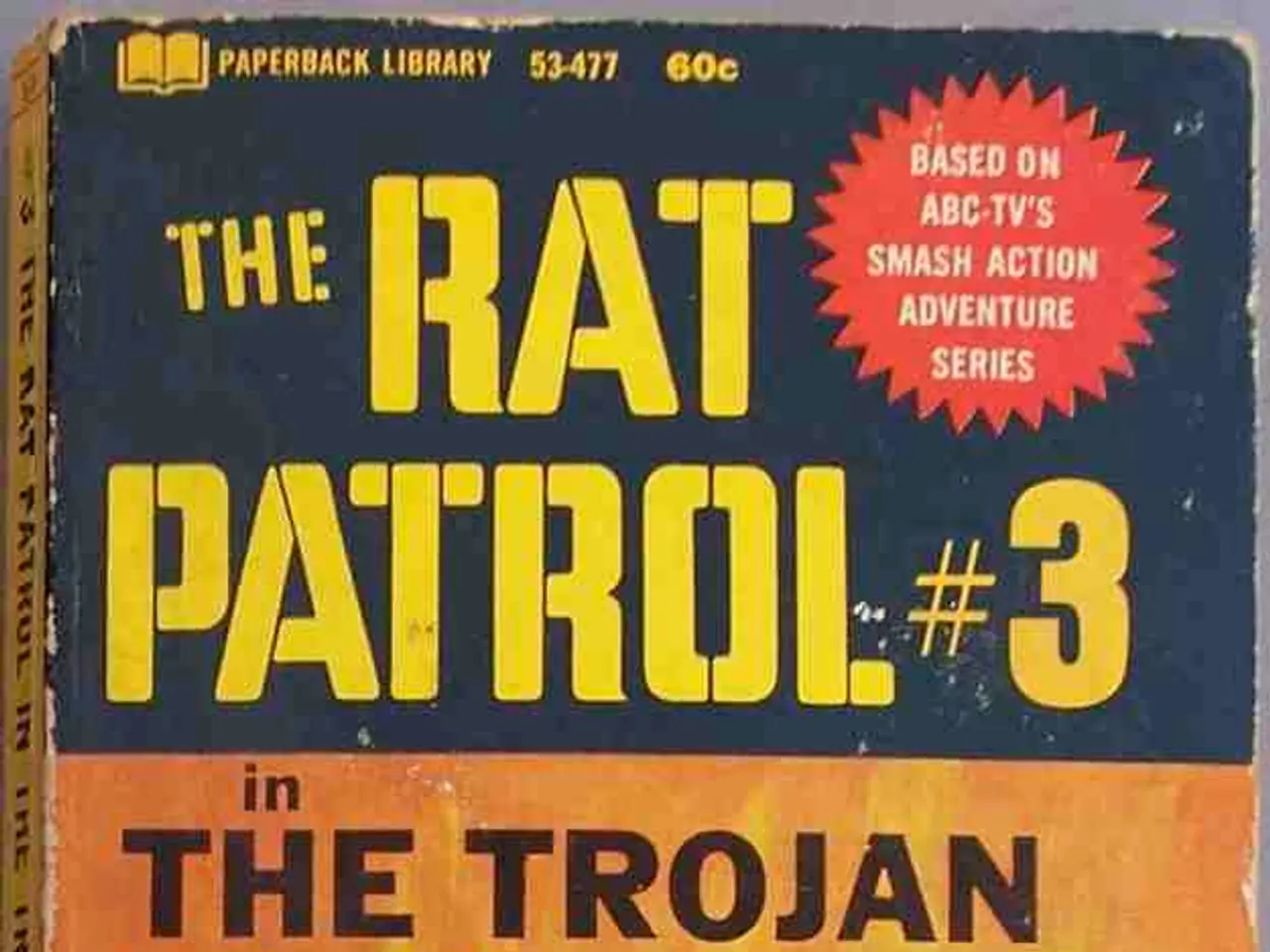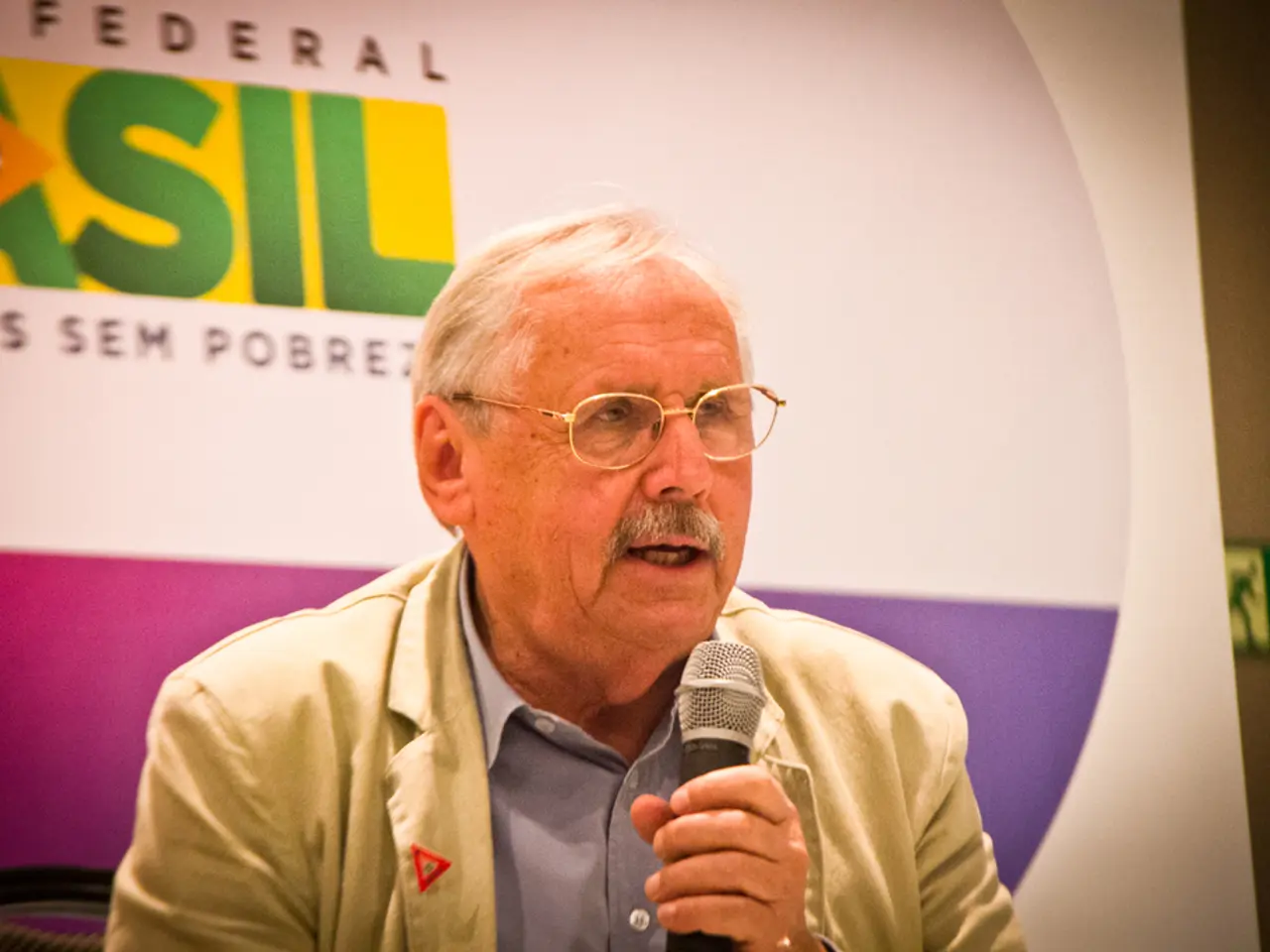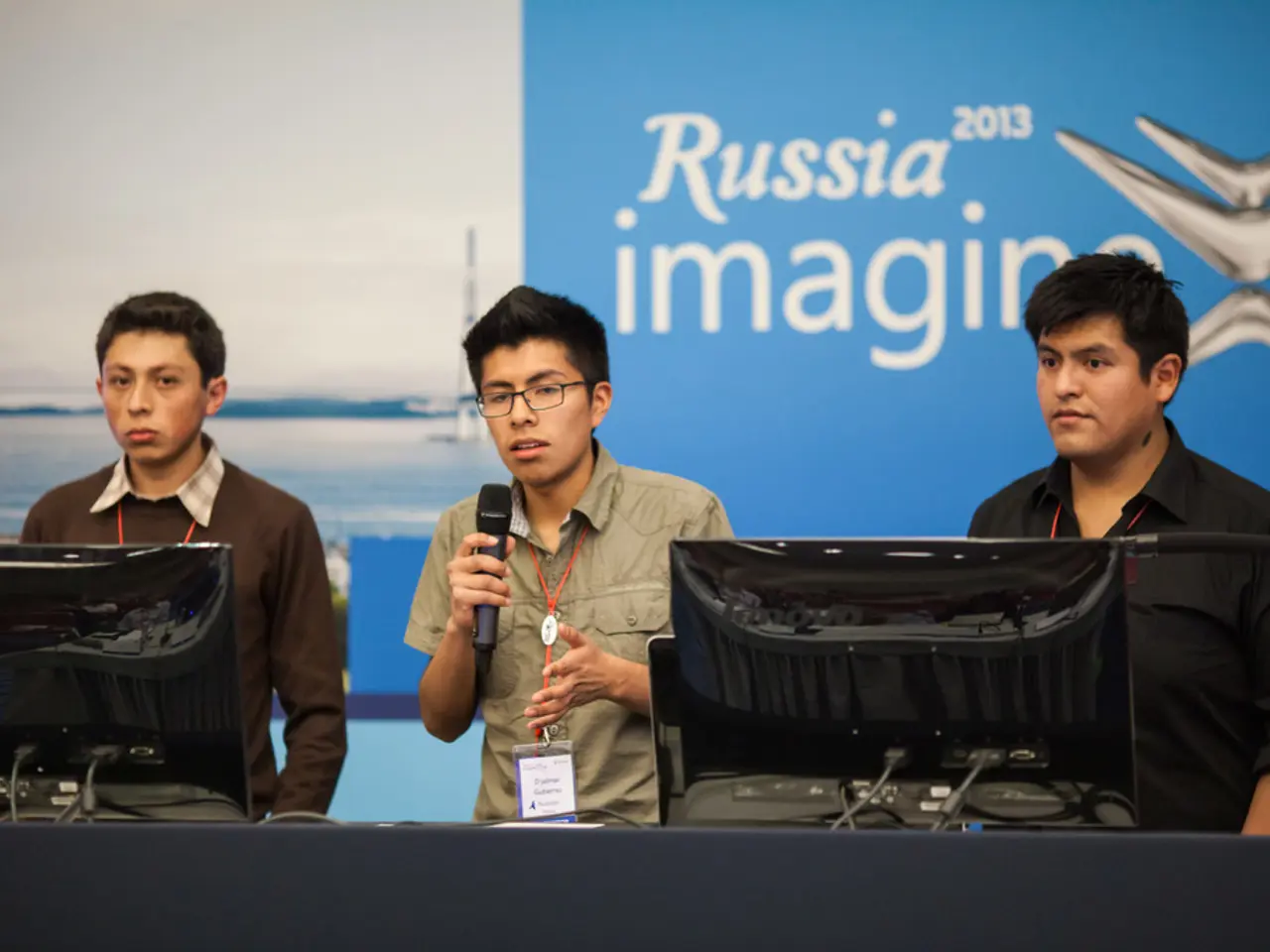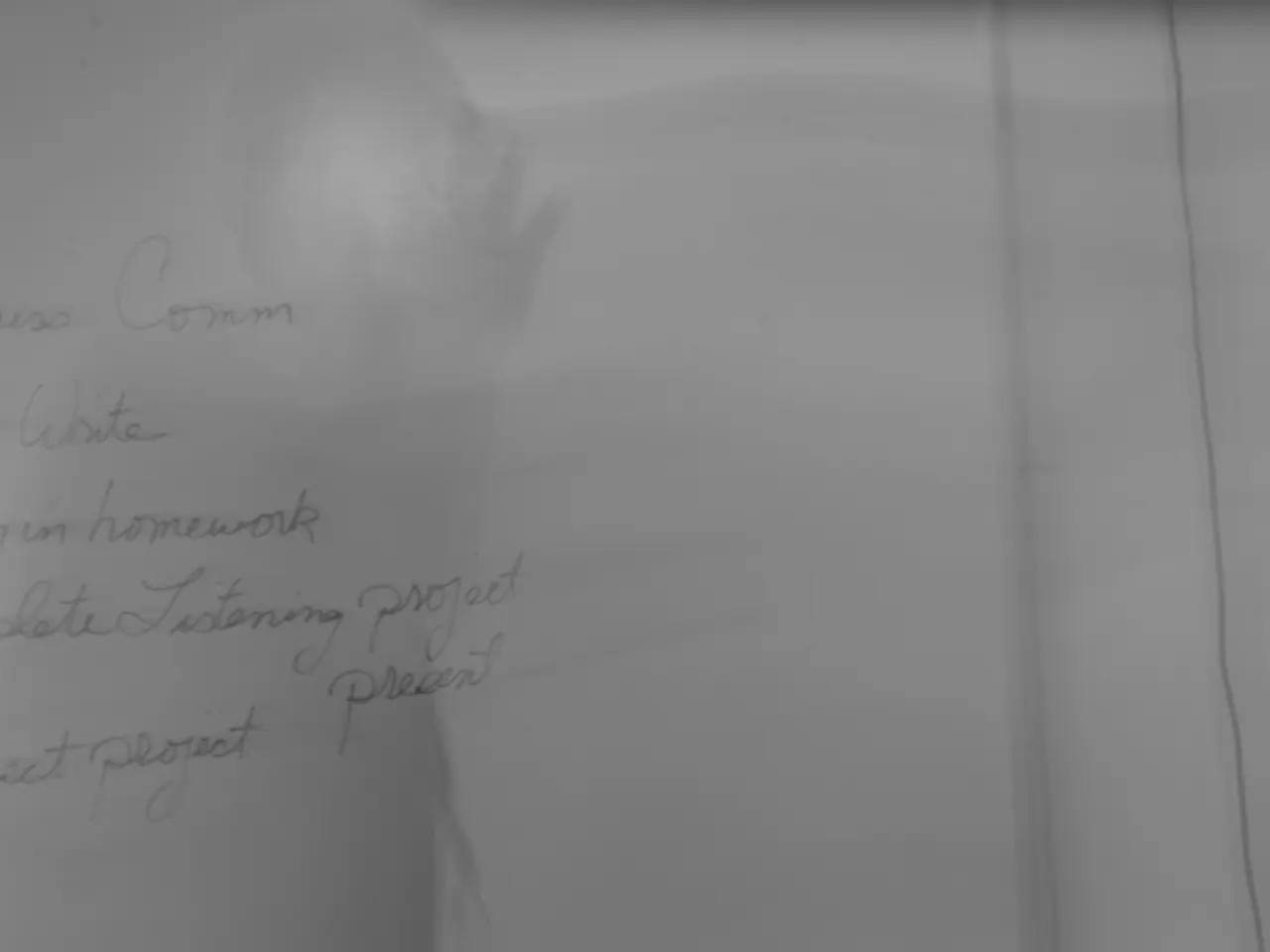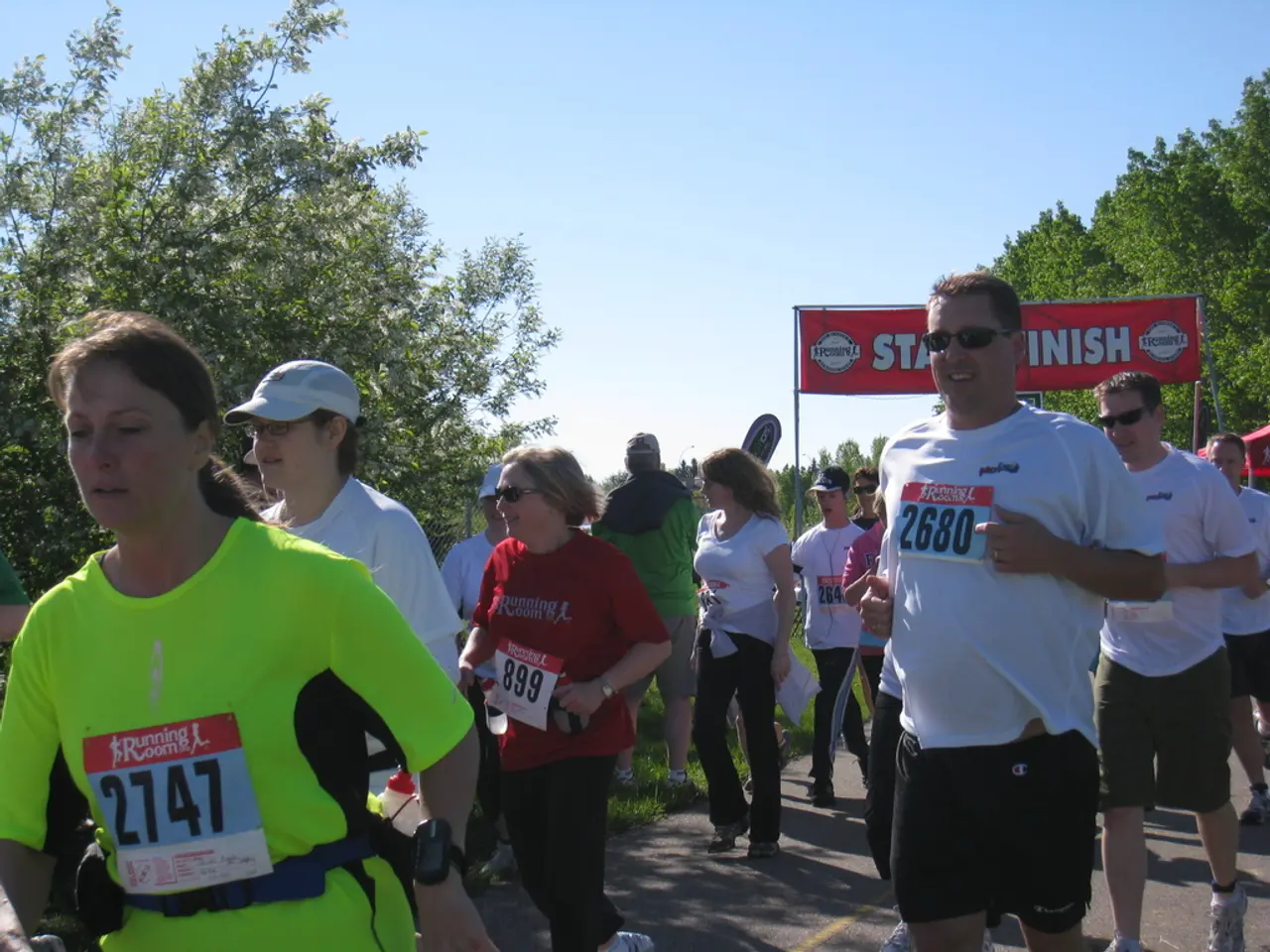Vietnam advances in combating human trafficking: IOM (International Organization for Migration)
In a bid to combat human trafficking, the International Organization for Migration (IOM) in Vietnam is implementing targeted strategies and collaborations. Key areas of focus include trafficking for forced criminality, organ trafficking, infant trafficking, and trafficking of unborn children.
IOM is collaborating closely with the Ministry of Health and the Border Guard High Command to improve the screening of potential trafficking victims, particularly those involved in cyber scam compounds. This collaboration aims to address the growing issue of trafficking for forced criminality.
The organization is also working towards developing Vietnam’s database on trafficking in persons and international migration, while supporting improvements to the legal framework governing migration. This initiative aims to better identify and protect victims.
Recognizing the evolving nature of human trafficking, IOM is directing significant attention towards complex and sophisticated trafficking forms, such as forced criminality via digital platforms, organ trafficking, infant trafficking, and trafficking of unborn children. This has led to legislative changes, including explicit provisions in the revised 2024 human trafficking law to protect unborn victims.
Education and capacity building are also key components of IOM's strategy. In conjunction with the Ministry of Public Security, IOM organizes seminars, workshops, and public awareness campaigns to educate citizens about trafficking tactics and their consequences. This comprehensive approach involves multiple government agencies at central and local levels, and includes fostering understanding of the trafficking of vulnerable groups like women, children, and young migrants.
IOM is also making considerable efforts to assist Vietnamese nationals rescued from trafficking, particularly from online scam centers. The agency reports a significant increase in the number of trafficking victims forced into criminal activities receiving support in the region.
These strategies reflect a comprehensive, multi-sectoral approach to combat trafficking that enhances victim identification, legal protection, public education, and interagency cooperation. Vietnam’s engagement with IOM and legislative reforms demonstrate evolving responses to increasingly organized and digital forms of trafficking crimes.
The revised human trafficking law in Vietnam now contains explicit provisions to protect unborn victims. However, Vietnam needs to pay attention to emerging cases involving organ trafficking, infant trafficking, and even trafficking of unborn children.
Since 2019, IOM and its partners have provided assistance to over 840 trafficking victims and vulnerable migrants. The agency has also developed the e-learning platform congdanso.edu.vn, benefitting over 13,000 Vietnamese learners, especially internal migrant workers.
Strong collaboration between the Government, civil society, and technology companies is crucial in the fight against human trafficking. IOM is committed to enhancing Vietnam's database on trafficking in persons and international migration, improving the legal framework for migration governance to align with international standards, and strengthening access to information on safe migration and TIP prevention.
It is vital to continue raising public awareness about the risks of trafficking, strengthen law enforcement capacities, and ensure victims receive adequate protection and support. The revised Law on Human Trafficking Prevention and Control, which officially took effect on July 1, 2023, emphasizes a victim-centered approach in the policymaking process, ensuring support for all groups, including Vietnamese nationals, foreigners, stateless persons, and minors.
- IOM's targeted strategies against human trafficking also focus on trafficking for forced criminality, a problem that is growing due to the rise of digital platforms.
- The collaboration between IOM and the Ministry of Health aims to improve the screening of potential trafficking victims, particularly those involved in cyber scam compounds.
- To combat complex and sophisticated trafficking forms, IOM is working on developing a database on trafficking in persons and international migration and legislative changes, such as explicit provisions protecting unborn victims in the revised 2024 human trafficking law.
- IOM's education and capacity building initiatives, conducted in conjunction with the Ministry of Public Security, involve seminars, workshops, and public awareness campaigns to educate citizens about trafficking tactics and their consequences.
- IOM is making considerable efforts to assist trafficking victims, particularly those rescued from online scam centers, and reports a significant increase in the number of victims forced into criminal activities receiving support.
- To combat human trafficking effectively, strong collaboration between the Government, civil society, and technology companies is crucial, and IOM is committed to this approach.
- The revised Law on Human Trafficking Prevention and Control emphasizes a victim-centered approach, ensuring support for all groups, including foreigners, stateless persons, and minors, as part of the policymaking process.
